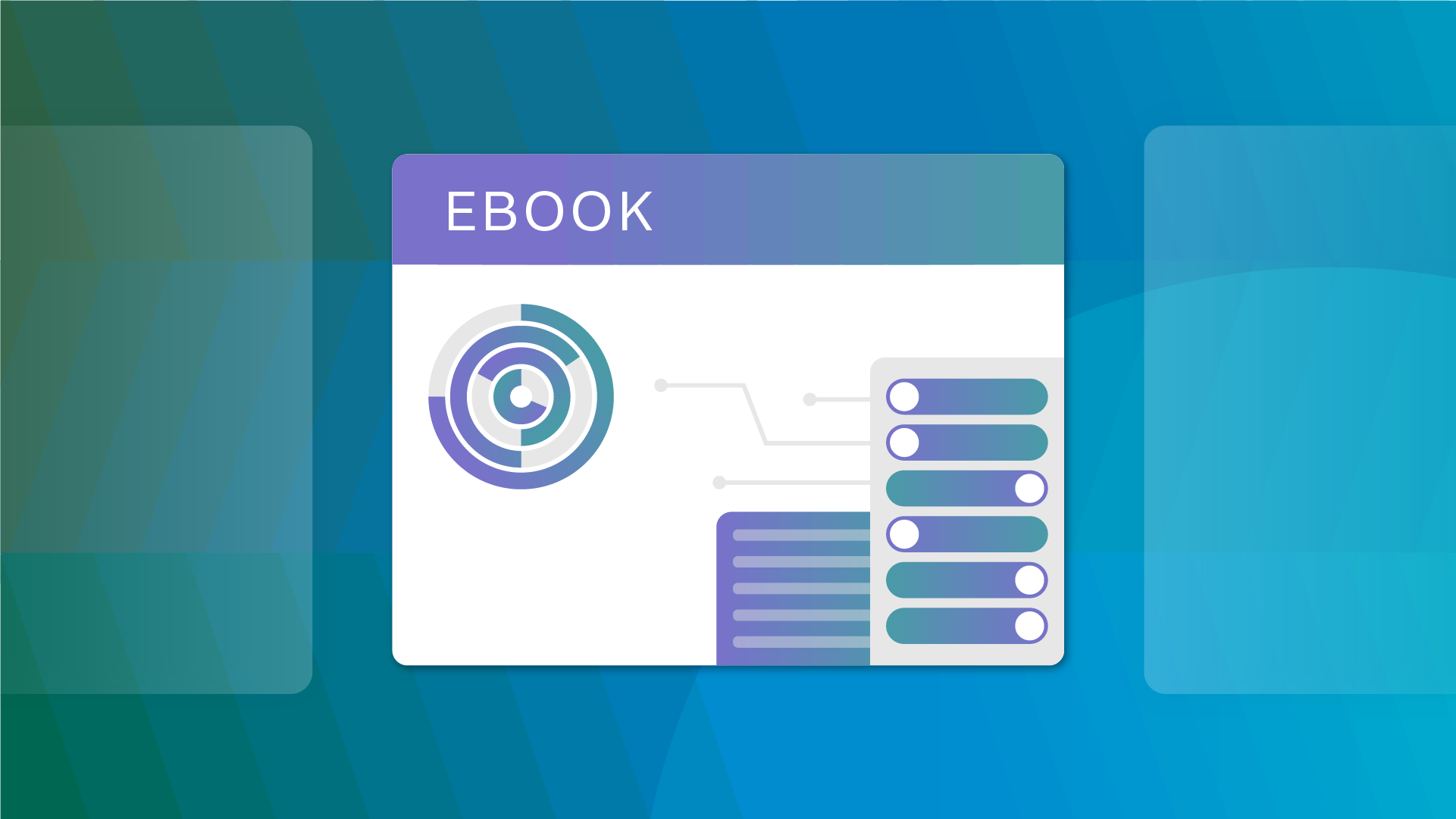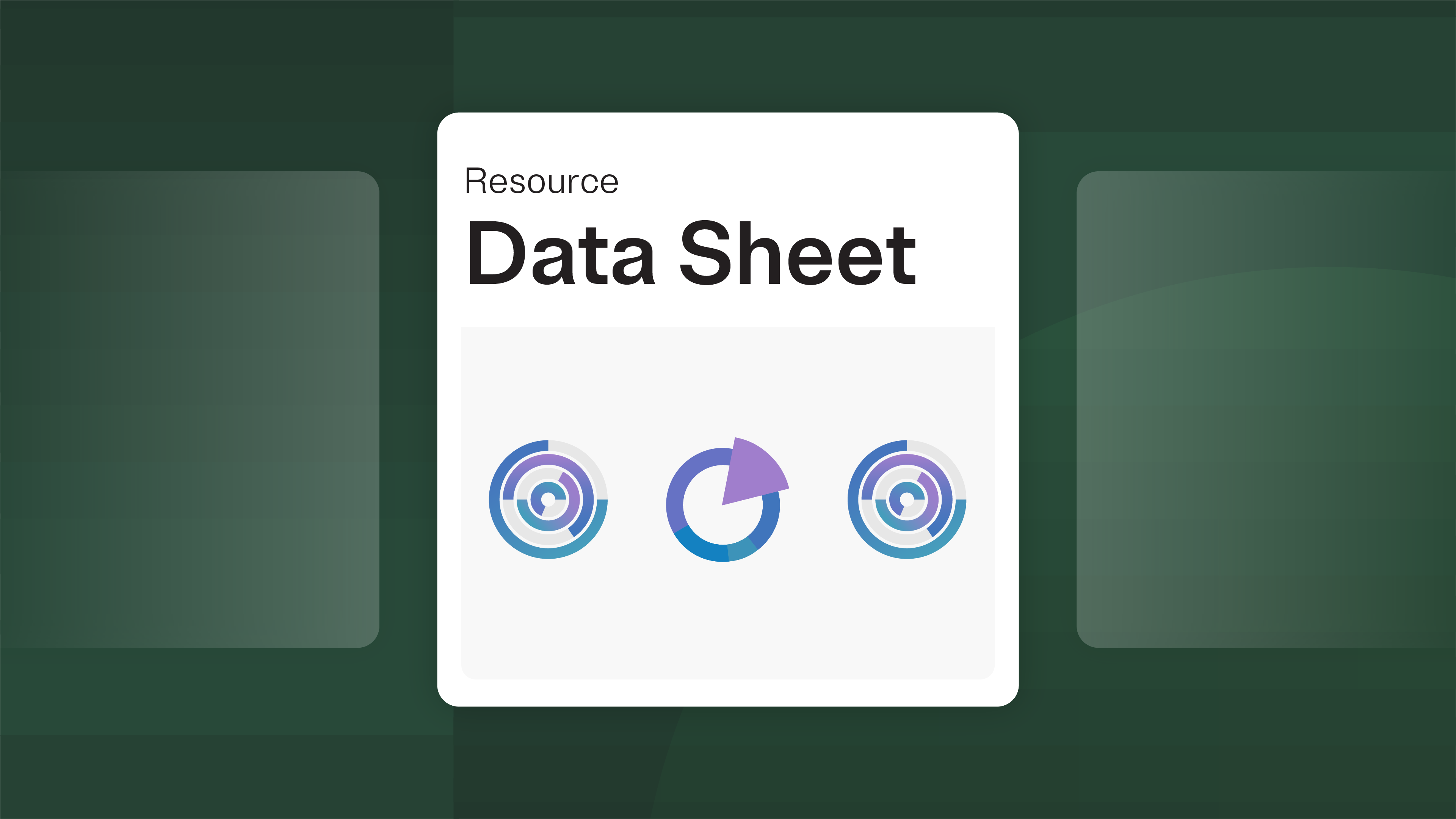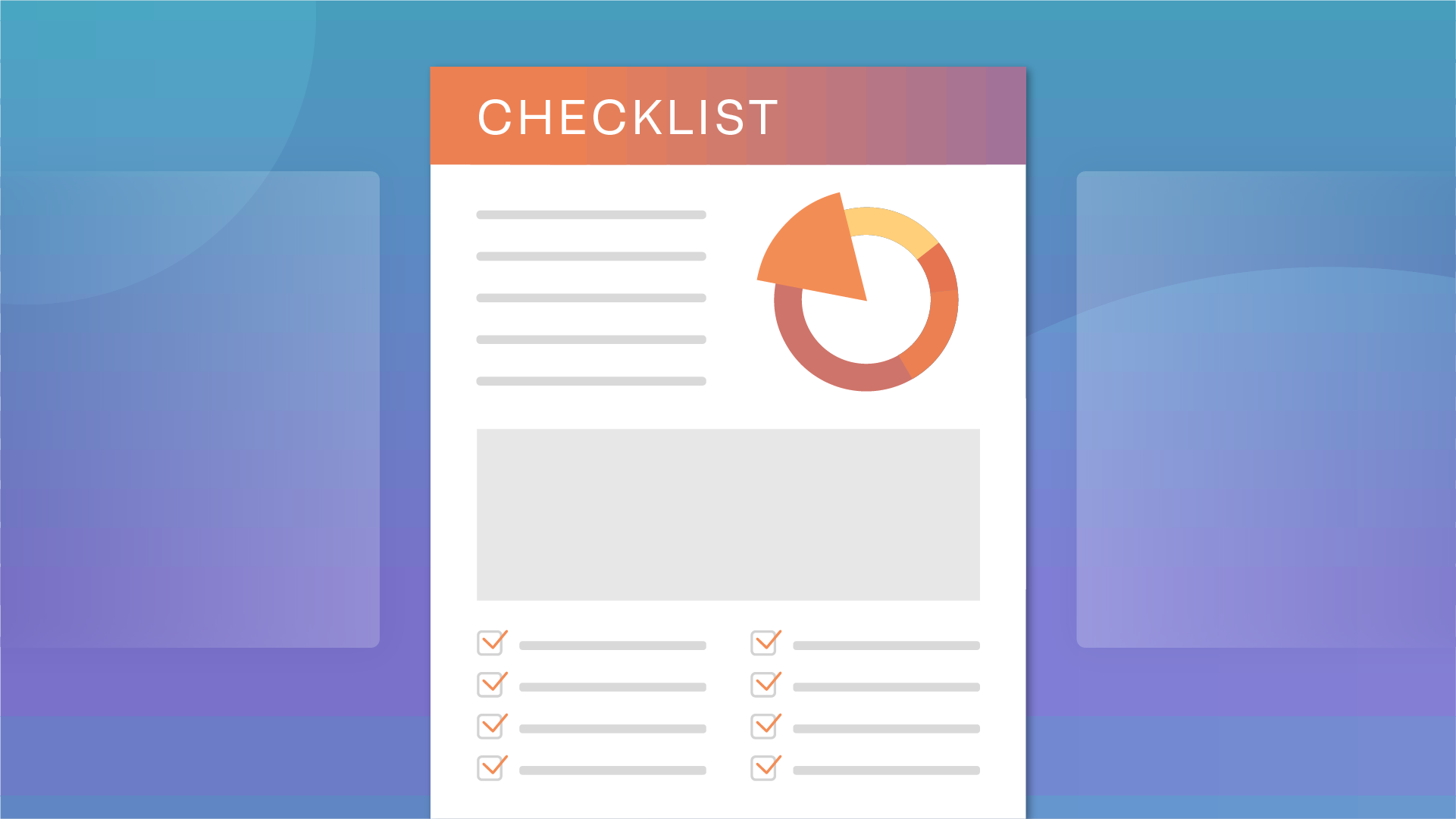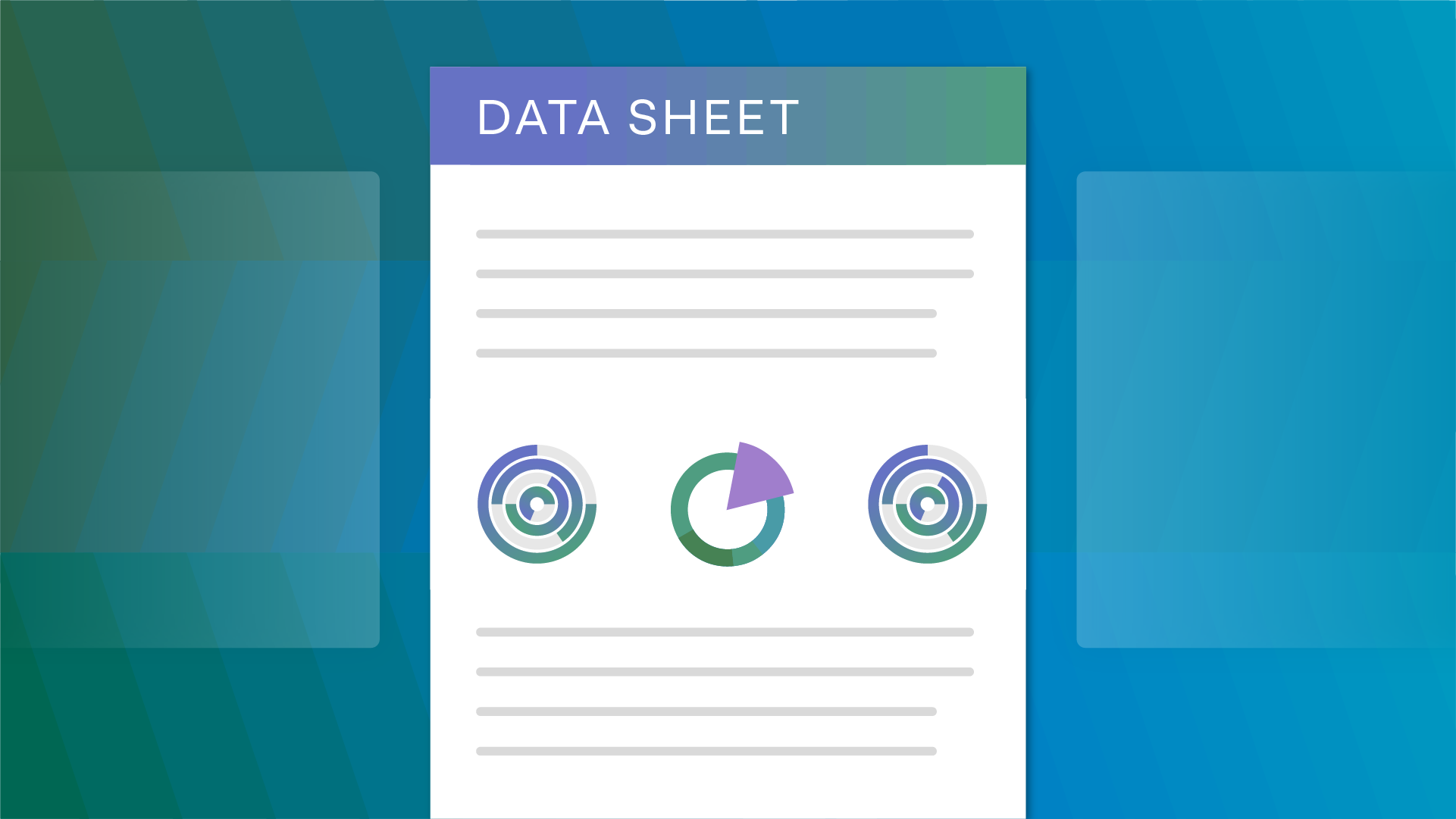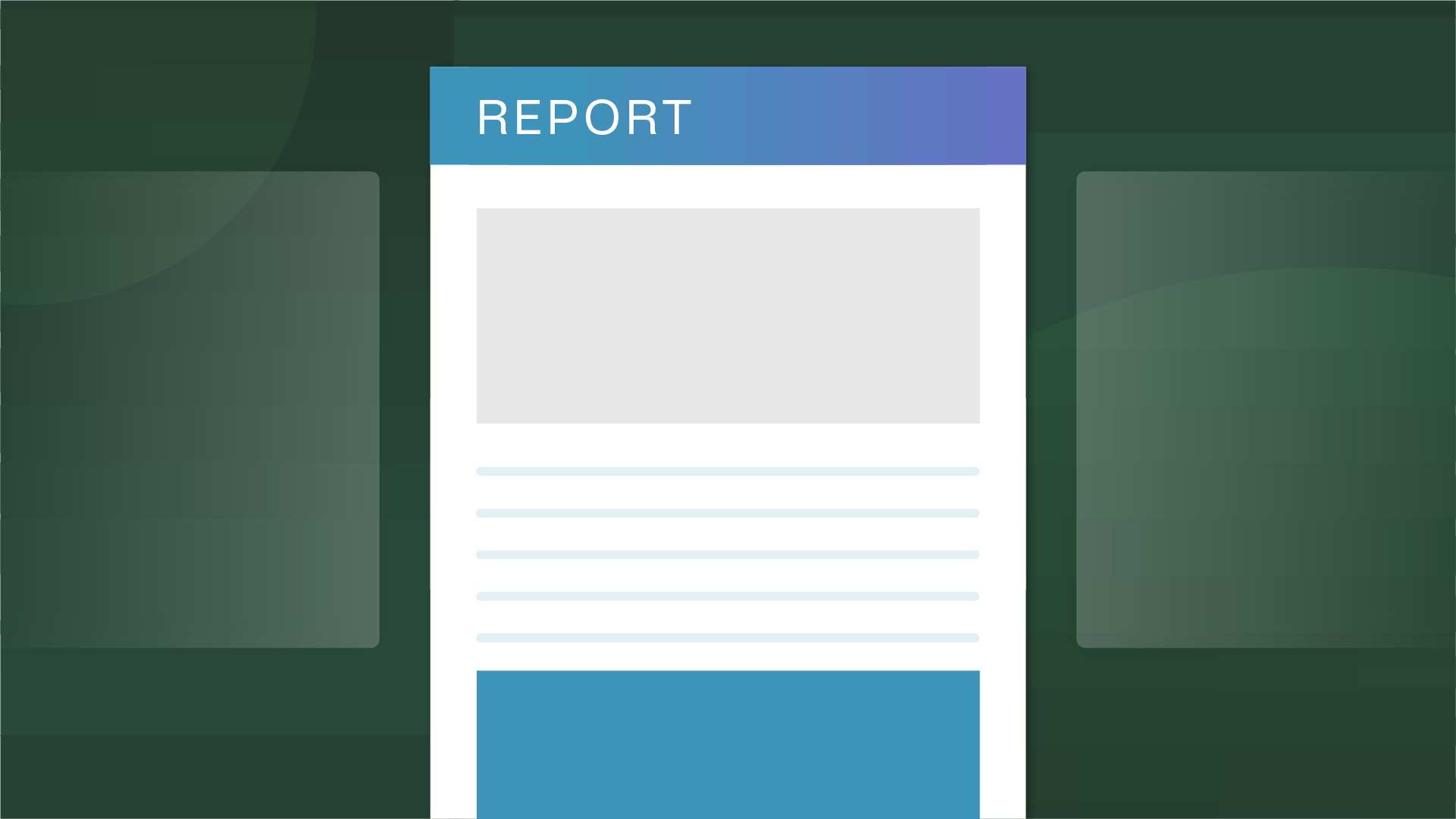The French Anti-Corruption Agency (AFA) is a regulatory agency focused on helping both public and private sector entities “prevent and detect corruption, influence peddling, extortion by public officials, unlawful taking of interest, misappropriation of public funds and favoritism.” Passed on December 9, 2016, and coming into force on June 1, 2017, the “Transparency, Fighting Corruption and Modernizing Economic Life” bill, otherwise known as Sapin II, created both the AFA and new requirements for French corporations to develop a comprehensive framework for anti-corruption measures.
Sapin II was built on the foundation of the Sapin Act of 1993, otherwise known as Sapin I. Deepening the French commitment to detecting and punishing corruption, a new draft version of Sapin II — Sapin III — was proposed on October 19, 2021 and is expected to further expand the French commitment to anti-corruption. It will further fortify corruption prevention efforts, strengthen transparency processes, and enhance tools for detecting and punishing corruption.
How will Sapin III change the compliance landscape? Today, we’re examining the steps needed to achieve compliance under Sapin II and what to look out for when Sapin III goes into effect.
Need to comply with Sapin II and prepare for Sapin III? Sign up for a free demo to learn how you can elevate your program to deliver a compliant culture of integrity.
What is Sapin II?
The French Parliament passed Sapin II, Law No. 2016-1691 on Transparency, Fighting Corruption and Modernizing Economic Life, in December of 2016 and it took effect on June 1, 2017. The law was named for its champion, Michael Sapin, the former French Minister of Finance.
To align France with its European peers and other international standards, Sapin II established guidelines for French corporate compliance programs. As one of the eight pillars of Sapin II (detailed below), the law defined a whistleblower reporting procedure. These speak-up procedures are designed to work in tandem with the EU Whistleblower Protection Directive, effective from December 2021, by prohibiting retaliation against whistleblowers.
Three guiding principles drive Sapin II:
- Modernize the economy
- Promote transparency
- Continue the fight against corruption
How companies comply with Sapin II: AFA guidance
Since the AFA began publishing guidance for corporate compliance programs in 2017, they have refined and continuously updated their guidance, with the most recent update published January 31, 2022. The AFA established eight key components of a corporate compliance program, focusing on detecting and preventing corruption at every level within a corporation.
The AFA’s eight key requirements for complying with Sapin II
- Code of conduct: Sapin II requires a corporate code of conduct, establishing expectations for employee and stakeholder conduct and up to date compliance training.
- Internal whistleblowing hotline and speak-up/reporting procedures: Employees must have access to an internal reporting system where they can report potential misconduct or code violations.
- Risk mapping: The company’s risk exposure to potential corruption must be identified, analyzed, prioritized, and regularly updated.
- Third-party due diligence: Third parties, including vendors, customers, suppliers and more, should be monitored in accordance with the risk map mentioned above.
- Accounting controls: To ensure transparency in recordkeeping, internal and external accounting controls must be established.
- Training for employees and leaders: High-risk employees and managers, regularly exposed to opportunities for corruption, must be trained in how to identify and avoid it.
- Disciplinary policy: The establishment and documentation of a disciplinary policy is required in order to sanction those found guilty of engaging in corruption.
- Internal controls: The AFA’s guidance requires internal processes, detailing compliant documentation, monitoring, and evaluation mechanisms.
Who is affected by Sapin II?
Establishing higher standards for anti-corruption compliance programs, Sapin II details guidance for program adequacy and effectiveness. It applies to both public and private companies headquartered in France which have at least 500 employees and revenue of at least €100 million. Global companies with their parent organization headquartered in France and employing more than 500 employees are also expected to comply.
Noncompliance may result in a warning from the AFA or the imposition of serious sanctions. Reserving the right to release any decisions to the public, the AFA may also fine individual directors up to €200,000 or a company up to €1 million.
Sapin II, the EU Whistleblower Protection Directive, and Loi Waserman
The EU Whistleblower Protection Directive came into force on December 17, 2021. Although Sapin II previously provided France with a whistleblower protection framework, the EU Directive established minimum whistleblower protection standards for all 27 EU member states and replaced the previous patchwork of protections with a unified standard across the continent. The Directive includes additional protections for non-employees and the ability to bypass Sapin II’s internal reporting requirement and report externally in some situations. The transposition of the Directive was seen as an opportunity to further fortify France’s whistleblower protections.
France ended up being the ninth member state to officially transpose the Directive into national law. The French Senate approved the new draft legislation on March 21, 2022, officially called “LOI n° 2022-401 du 21 mars 2022 visant à améliorer la protection des lanceurs d’alerte.” Submitted by French MP Sylvain Waserman and sometimes referred to as “Loi Waserman,” this new law gave French companies until September 2022 to comply.
Key elements of Waserman
Waserman upholds some of the important elements from Sapin II, including the obligation for companies and public institutions with 50+ employees and municipalities with 10,000+ residents to implement a whistleblower system. Other important elements include:
- Aligning with the EU Whistleblower Protection Directive, Waserman includes an updated whistleblower definition
- Aligning with the EU Whistleblower Protection Directive, Waserman includes the ability to report directly to an external channel, without first requiring an internal report
- Integrating reporting procedures into internal regulations
- Defining who is authorized to access whistleblowing channels
- Appointing an impartial and competent contact person or service who can follow up on submitted reports
- Provisioning for diligent follow-up throughout the reporting process, including anonymous reports
- Making accessible and clear information on external reporting procedures available
- Reporting (written or oral) and if requested by the whistleblower, a face-to-face meeting scheduled within a reasonable time frame.
- A new list of forbidden retaliation actions and their corresponding sanctions
- Financial and psychological support measures for whistleblowers
- Further fortification and clarification for applicable sanctions (due to a new criminal panel)
- A broad extension of the geographic territoriality and the removal of the legal entity criteria related to French headquarters
An additional decree from the French Council of State, published in October 2022 includes the following:
- A guarantee of the independence and impartiality of the system
- Feedback deadlines aligning with the EU Whistleblower Protection Directive (acknowledgement of a report and a receipt, informing a whistleblower of the specific measures taken, within seven days, with a three-month maximum). In the event of an anonymous report, these deadlines will not apply.
- Procedures for closing reports and how to properly collect and store data
- Conditions where reports may be collected by and entrusted to a third party
Want to learn more about the EU Whistleblower Protection Directive? Read an in-depth analysis in The Ultimate Guide to Complying with the EU Whistleblowing Directive.
What is Sapin III? What’s new in 2022?
Despite the implementation of Sapin II and Waserman, both notable improvements in the fight against corruption, France still ranks 23rd in Transparency International’s Global Corruption Perception Index (down from 2018). An evaluation mission, launched in 2020, with the goal of improving and evaluating Sapin II, took deputies Raphael Gauvin and Olivier Marleix more than five months to complete. Working with French stakeholders, they formulated 50 recommendations into a report. Published in July of 2021, the report aimed to:
- Clarify the institutional organization of French anti-corruption policy
- Ensure better legal and financial protections for whistleblowers
- Improve the transparency of public decisions by developing the directory of interest representatives Haute Autorité pour la Transparence de la Vie Publique (HATVP)
Following the report’s recommendations, a new Sapin III bill was proposed on October 19, 2021. Taking up the elements of the report, the three important elements are:
- The proposed changes do not call out the eight fundamental pillars of Sapin II
- The removal of the criterion requiring the location of a parent company’s headquarters to be in France
- The inclusion of public actors and the specification of the role HATVP plays in the control of these actors in the fight against corruption. The AFA will retain its role as advisor and will continue monitoring economic actors.
Although France was behind its EU counterparts when it came to anti-corruption legislation, Sapin II jumpstarted their efforts. Sapin III is set to take up that baton. Although the future of Sapin III is still uncertain, especially in France’s current political environment following the turbulent 2022 elections, the nation has clearly demonstrated steadfast dedication to reforming their anti-corruption efforts.
The OneTrust Ethics & Compliance cloud can help your company surface hidden risks, put your values in action, and engage employees across the organization with a comprehensive ethics and compliance solution. Request a free demo today to learn more.







